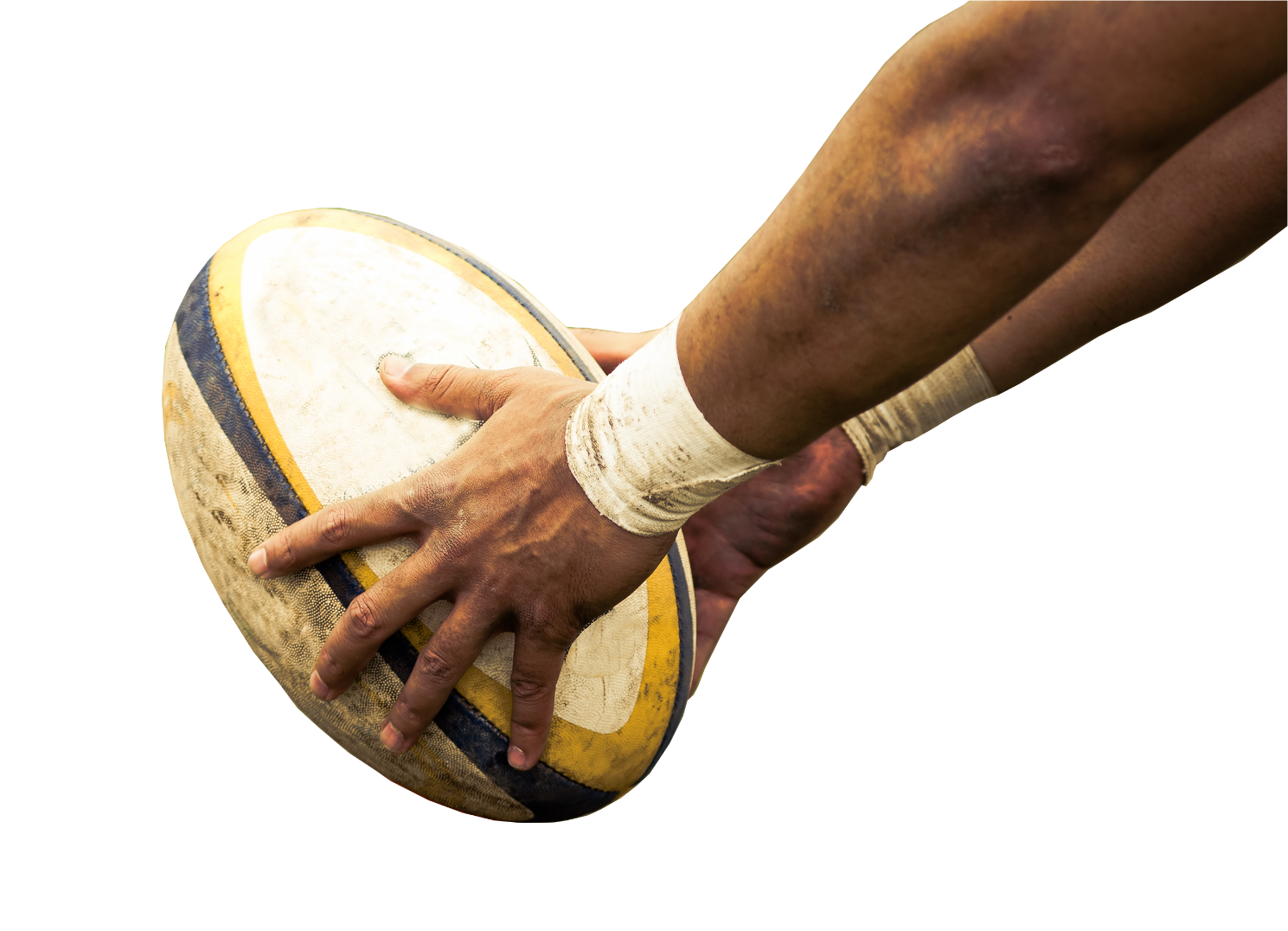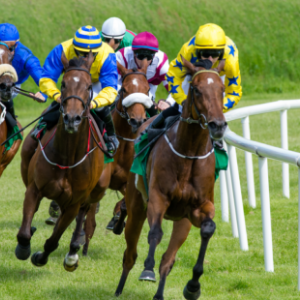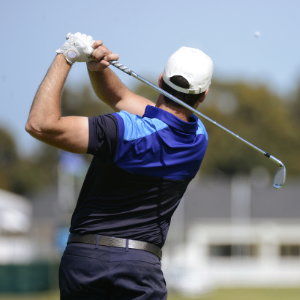What Is Rugby Spread Betting?
Spread betting on rugby is an exciting way to potentially bring in a large profit for your predictions. With fixed-odds betting, you only win whatever the bookmakers offer you prior to placing the bet, which could only be 2x the money you stake (2/1 odds).
Spread betting offers the bettor a more lucrative profit based on how correct their prediction may be. This will all become clear in the example given below on how rugby spread betting works.
How Rugby Spread Betting Works
We feel that giving you an example of how to spread bet on one of our most popular rugby spread betting markets is the best way to demonstrate how spread betting on rugby plays out. Below is an example of betting on the ‘Match Tries’ market. Let’s say your stake is £10 and you’re betting on the total number of tries that’ll be scored in a match.
Northampton Saints are playing Leicester Tigers and you believe it’s going to be a high-scoring match. You check the odds and SportsSpread has a spread of 4 - 4.4 tries. You’re confident there will be more than that so you decide to BUY with a stake of £10. This means that for every try above 4 tries scored, you will win your stake. Within this example, there were five tries scored in the game. Well done, your prediction was right and this is how:
Because you opted to BUY at 4.4 tries and there were 5 in total, it would work out like this:
(Settled Price - BUY Price) x Stake
(5 - 4.4) x £10
0.6 x £10 = £6 Profit
Now, let’s say there were actually 7 tries in the game, instead of 5. Well done, you still win, but this time you win more:
(Settled Price - BUY Price) x Stake
(7 - 4.4) x £10
2.6 x £10 = £26 Profit
From just 2 more tries being scored, you’ve managed to win yourself an extra £20.
We all know that not all bets are set in stone. This is how the bet would work out if your prediction was wrong and there were only 2 tries in the game. It would look something like this:
(Settled Price - BUY Price) x Stake
(2 - 4.4) x £10
-2.4 x £10 = £24 Loss
As you can see, a £10 stake has resulted in a £24 loss. With spread betting, the potential to win a large profit is brilliant, however, there is always a chance you can lose more than your original stake.
The Difference Between Rugby Spread Betting & Fixed-Odds Betting
The sport of rugby was invented in 1567 when William Webb Ellis picked up the ball and ran with it during a game of football. The rest is history really.
Spread betting was invented in 1974, 407 years after Mr Ellis invented the sport of rugby. We guess you could say spread betting is very much in its infancy. But why is spread betting becoming so popular when you can just use fixed-odds betting?
With fixed-odds betting, the bookmakers will give you the odds on the outcome of a result. For example, if England scores 3 tries against New Zealand it’ll be 2/1. You stake £10 and win. You’ve just made yourself £10 profit.
Whereas with spread betting, you are rewarded on how correct your prediction is. Let’s say in this scenario the bookmakers are predicting that there’ll be a spread of 2 - 2.4 England tries. You choose to BUY at 2.4 tries with a £10 stake. England goes on to score 5 tries and you have made yourself £26 profit. You get rewarded on the margin of victory for your bet.
With spread betting, one thing to be mindful of is that if your estimation is incorrect, you stand to lose more than just the money you stake.
Most Popular Rugby Spread Betting Markets
Total Tries
In the ‘Total Tries’ market, you are betting on the total number of tries that’ll be scored in a game. Let’s say for this example, SportsSpread have set a prediction that there is going to be between 3 and 5 Total tries in the game between Harlequins and Saracens. You may feel confident in the Saracens’ attacking form and decide to BUY the spread (predicting more than 5 total tries) with a £10 stake. The final whistle has blown and your bet won with a total of 9 tries being scored in the game. Here is how your bet would work out.
(Settled Price - BUY Price) x Stake
(9 - 5) x £10
4 x £10 = £40 Profit
Now we understand that not every bet is destined to win. Here’s how the outcome would look if you get your bet wrong and the game only ends with just a single try.
(Settled Price - BUY Price) x Stake
(1 - 5) x £10
-4 x £10 = £40 Loss
One thing to keep in mind is that although there is a large profit to be won on these types of markets, you do run the risk of losing more than the money you originally staked.
View Rugby Markets
Time of 1st Try
The ‘Time of 1st Try’ market is built around when the first try of the match will be scored (in minutes). For this example, we will say that SportsSpread have a spread for the first try in a game to be scored within 11 - 14 minutes. The spread would look like this: SELL 11 - 14 BUY.
Let’s say you opt to SELL the spread at a £10 stake and the first try is in fact scored in the 4th minute of play. Your reward would look like this
(SELL Price - Settled Price) x Stake
(11 - 4) x £10
7 x £10 = £70 Profit
Here’s how the bet would’ve turned out if you opted to BUY the spread and the try was scored in the 4th minute.
(Settled Price - BUY Price) x Stake
(4 - 14) x £10
-10 x £10 = £100 Loss
View Rugby Markets
Shirt Numbers
For the purposes of any bet relating to Rugby League or Union shirt numbers, a player will be deemed to wear the same shirt at the start of play, throughout the game (or, in the case of a substitute, when they come onto the pitch).
Any player whose shirt number bears no number at the start (or, in the case of a substitute, when he comes onto the pitch) will be considered to be wearing the number given to that player on the team sheet. In the event of a player not being mentioned on the team sheet, the player will be given the number 16 for Rugby Union and 14 for Rugby League.
If any player wears a shirt with letters instead of numbers, the alphabet is used to correspond with numbers 1 to 26, e.g. A=1, J=10 etc. In the event of any ambiguity about the identity of a try scorer, Rule 5 of the SportsSpread rules will apply.
View Rugby Markets






